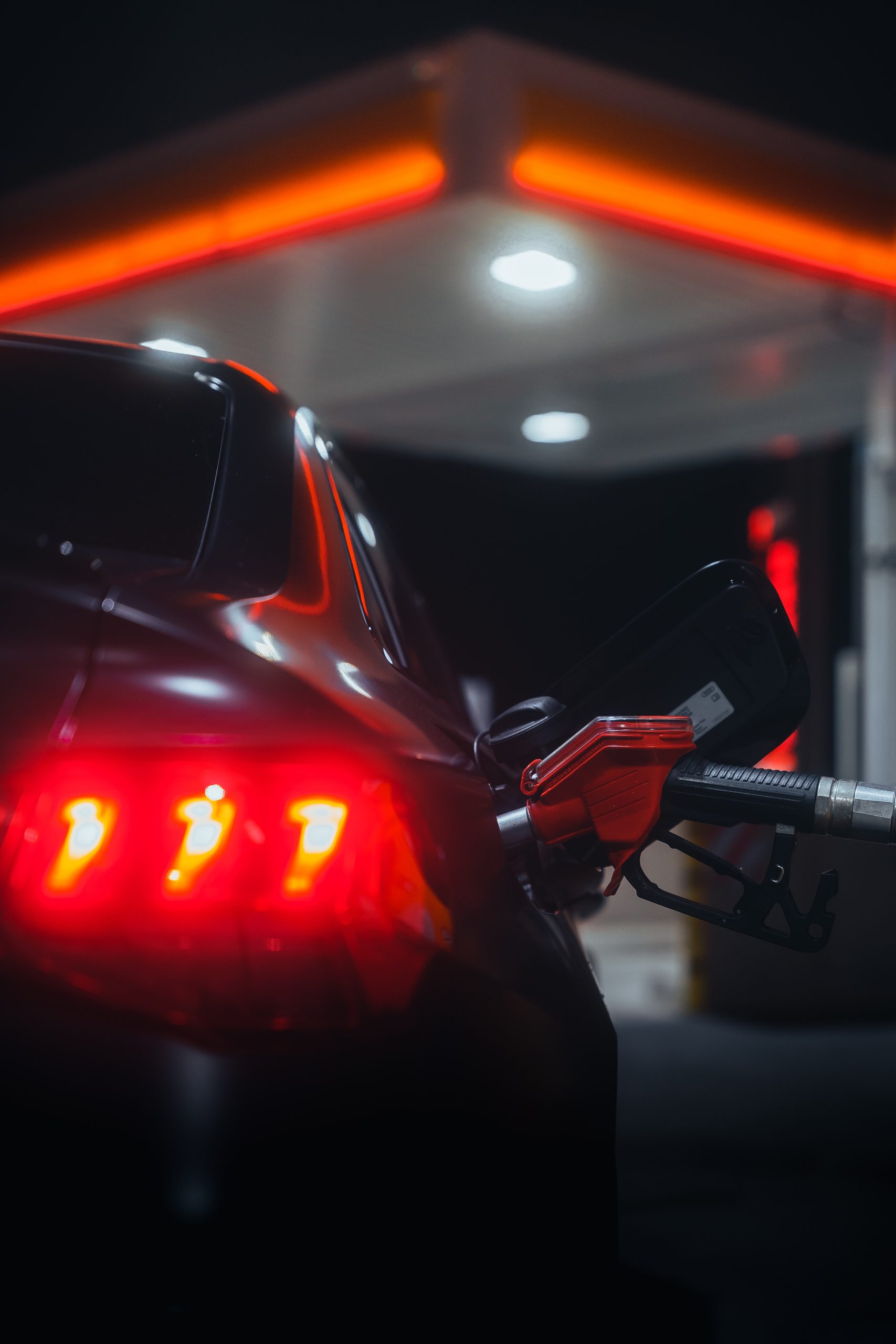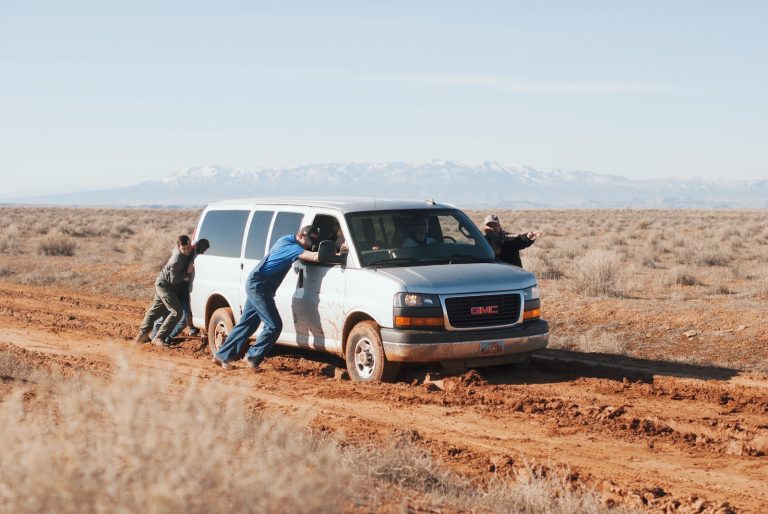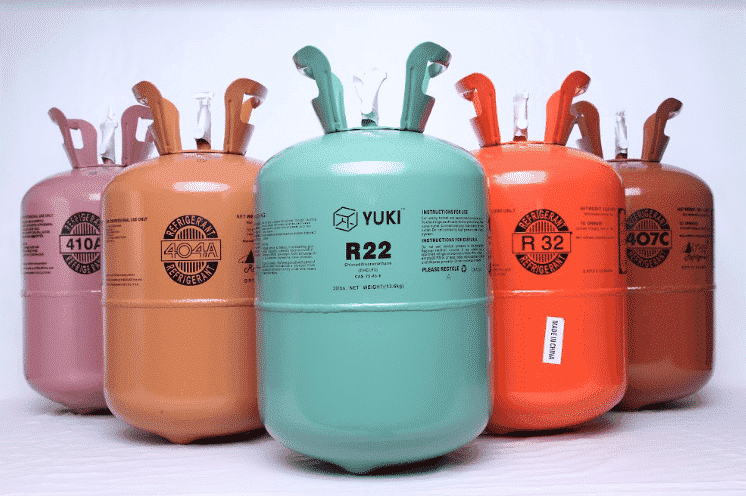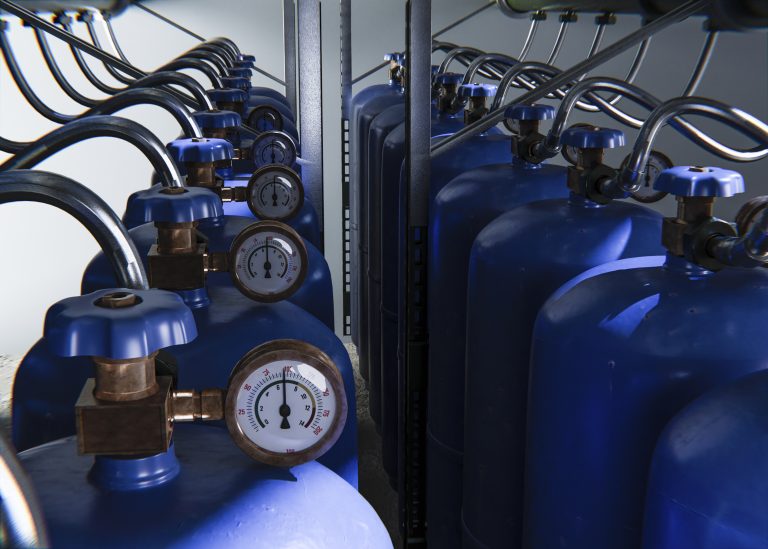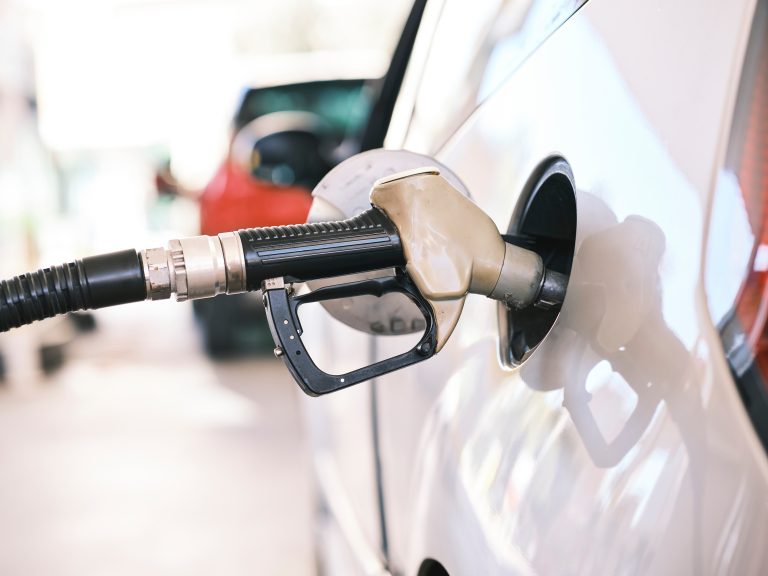When it comes to refueling our vehicles, we often find ourselves wondering, “Can you overfill your gas tank?” It’s a common concern among drivers who want to ensure the safety and longevity of their vehicles. In this comprehensive guide, we will delve into the topic of overfilling gas tanks, exploring the potential dangers and consequences associated with this practice.

Can You Overfill Your Gas Tank?
Many individuals are curious about whether it is possible to overfill a gas tank. The answer is yes, you can overfill your gas tank. When you continue to pump fuel after the tank is full, the excess fuel can cause various issues within your vehicle’s fuel system.
Understanding the Fuel System
To comprehend the potential risks of overfilling a gas tank, it’s essential to understand the components of a typical fuel system. A fuel system comprises a fuel tank, fuel pump, fuel lines, and an overflow valve.
The fuel tank, as the name suggests, stores the fuel in your vehicle. The fuel pump is responsible for drawing fuel from the tank and delivering it to the engine. Fuel lines transfer the fuel from the pump to the engine, ensuring a smooth flow. The overflow valve, also known as the rollover valve, prevents fuel from spilling out during sharp turns or rollover incidents.
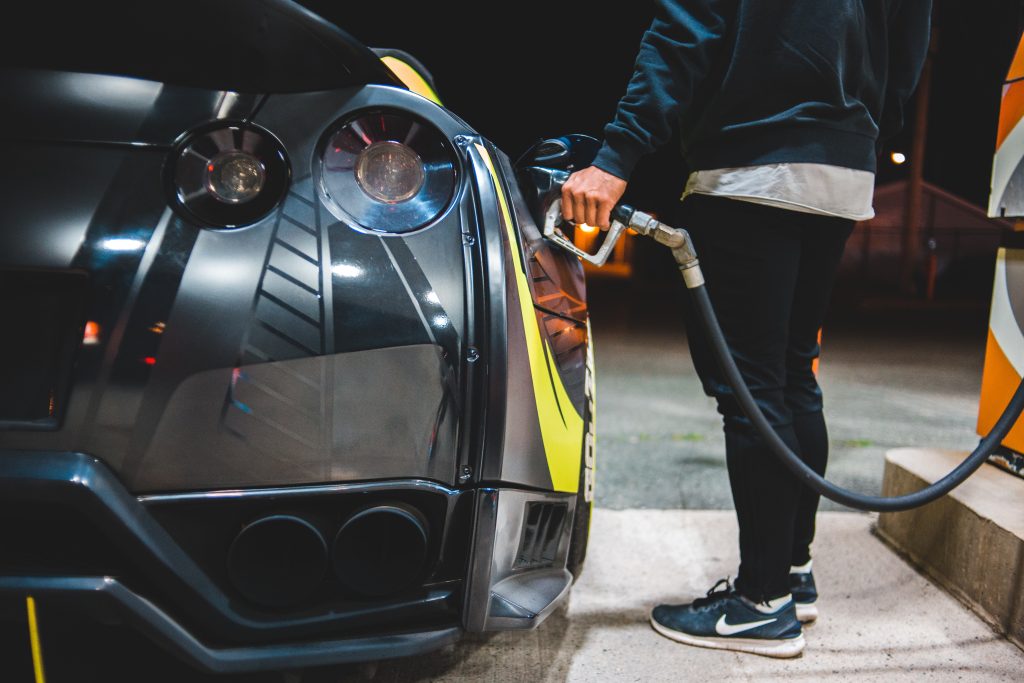
Consequences of Overfilling
Overfilling your gas tank can have several detrimental consequences, including:
- Fuel Overflow: When the fuel tank is overfilled, excess fuel may spill out. This not only wastes fuel but also poses safety hazards. Fuel spills can be highly flammable and increase the risk of fire.
- Damaged Vapor Canister: Modern vehicles are equipped with a vapor canister, which captures and stores fuel vapors. Overfilling the gas tank can lead to the saturation of the vapor canister, causing damage and impairing its functionality.
- Contaminated Charcoal Canister: In some vehicles, a charcoal canister is used to trap and store fuel vapors. Overfilling can saturate the charcoal canister, rendering it ineffective. This can result in fuel odors, decreased fuel efficiency, and potentially costly repairs.
- Malfunctioning Evaporative Emission Control System: The evaporative emission control system is responsible for managing and reducing the release of fuel vapors into the atmosphere. Overfilling can disrupt this system, leading to emissions-related issues and potential environmental harm.
- Fuel Pump Damage: Overfilling can cause fuel to enter the fuel pump assembly, potentially damaging its components. Fuel pumps are designed to operate optimally when submerged in fuel. Exposing the pump to excessive fuel levels can lead to premature wear and failure.
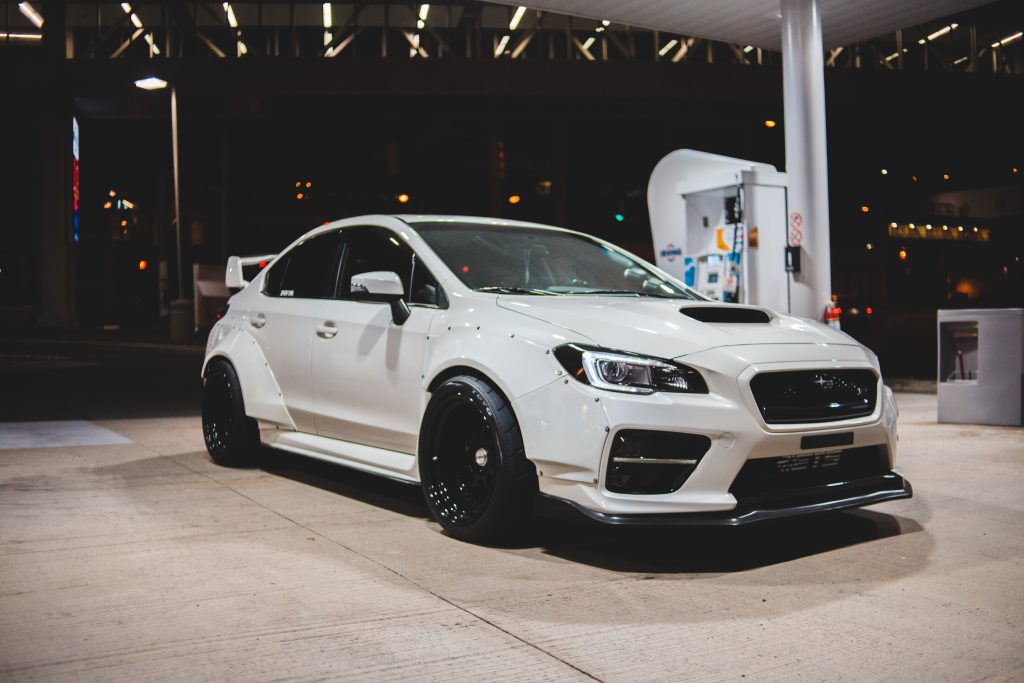
FAQs about Overfilling Gas Tanks
To further enhance your understanding of overfilling gas tanks, let’s address some frequently asked questions:
FAQ 1: Can overfilling a gas tank damage the engine?
Yes, overfilling a gas tank can damage the engine. When fuel enters areas of the engine where it shouldn’t, such as the cylinders or spark plugs, it can cause misfires, fouled spark plugs, and even engine damage.
FAQ 2: What should I do if I accidentally overfill my gas tank?
If you accidentally overfill your gas tank, it’s crucial to act promptly. Avoid starting the engine, as this can circulate excess fuel throughout the system. Instead, carefully and safely remove the excess fuel using an absorbent cloth or siphoning device. If you suspect any damage or experience unusual symptoms, consult a qualified mechanic.
FAQ 3: Can overfilling a gas tank lead to reduced fuel efficiency?
Yes, overfilling a gas tank can lead to reduced fuel efficiency. When the fuel tank is overfilled, excess fuel can evaporate, resulting in fuel wastage. Additionally, it can affect the proper functioning of the evaporative emission control system, further decreasing fuel efficiency.
FAQ 4: Is it safe to top off my gas tank after the pump automatically stops?
It is generally not recommended to top off your gas tank after the pump automatically stops. The automatic shut-off feature is designed to prevent overfilling and maintain the integrity of the fuel system. Topping off can increase the risk of spills and potential damage to the vehicle.
FAQ 5: Can overfilling a gas tank cause check engine light to come on?
Yes, overfilling a gas tank can cause the check engine light to illuminate. It can trigger the vehicle’s onboard diagnostics system to detect irregular fuel vapor levels or other fuel-related issues, prompting the check engine light to come on.
FAQ 6: What are some tips to prevent overfilling a gas tank?
To prevent overfilling a gas tank, consider the following tips:
- Familiarize yourself with your vehicle’s fuel tank capacity.
- Pay attention to the fuel pump’s automatic shut-off feature.
- Avoid topping off the tank excessively.
- Be cautious when using gas cans or funnels, ensuring a proper fit.
Conclusion
While it may seem harmless to add a little extra fuel to your tank, overfilling can have severe consequences. From fuel spills and damaged components to decreased fuel efficiency and potential engine damage, the risks associated with overfilling your gas tank are significant. It is crucial to exercise caution and follow recommended fueling practices to maintain the safety and longevity of your vehicle.
Remember, prevention is always better than cure. By understanding the risks and taking necessary precautions, you can ensure a smooth and trouble-free fueling experience.

